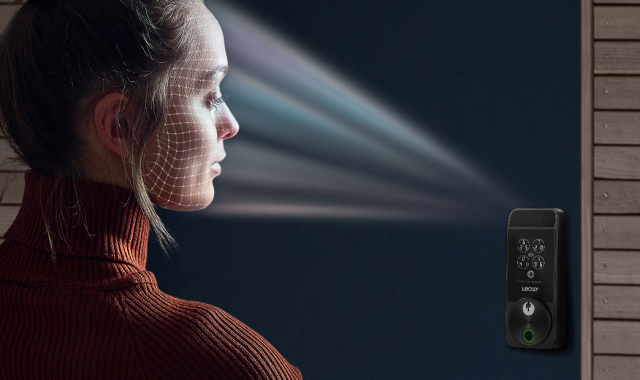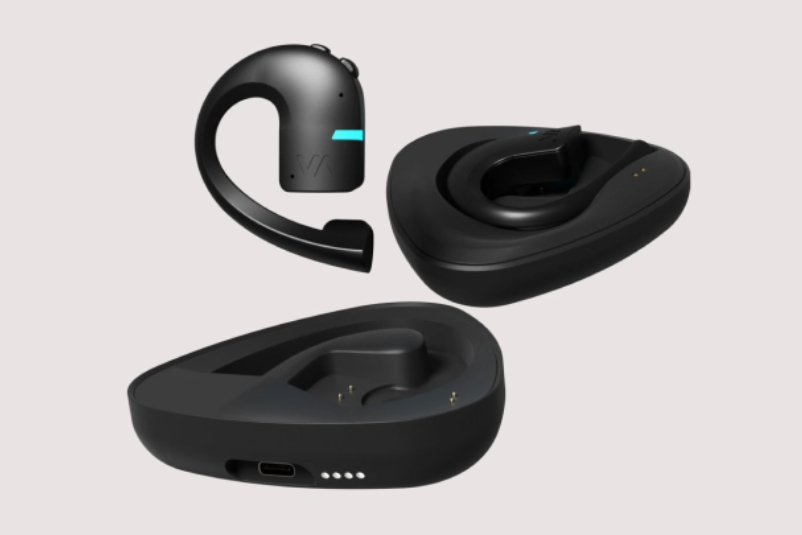There is one main trend that has taken the world by storm in 2023 and it will only increase and improve its presence and capabilities into 2024. This is for some, the elephant in the room….AI. Contrary to popular belief, AI has actually been around for many years but not as prevalent as it is now, its resurgence has completely changed the game. From writing entire books and songs to being implemented into consumer electronics and domestic appliances to make the products more intelligent. If you take a look at some of the big players in the market you’ll notice more and more are adopting AI, whether this is for energy-efficient washing cycles or improving picture quality on TV, the use cases are becoming less niche and more general.
2024 will see a huge shift in focus to implementing AI into many products, some that many may find surprising and will no doubt continue to enter every category. It will be used as a selling point, in the context of productivity. As evident with Microsoft who is actively using AI (Copilot) to carry out a plethora of tasks in a matter of minutes that would otherwise be considered either time-consuming or tedious processes. Alongside this, automation will see a rise in 2024, with AI becoming more intelligent and its capabilities increasing, allowing users to automate many more processes and streamline work, in turn making them more productive in a short period of time.
Integrate this capability with artificial intelligence, which helps track patterns in your laundry, cooking, and cleaning routines. This integration allows the AI to seamlessly update the software of your connected appliances, akin to updating apps on your phone or tablet. The AI features enhance efficiency, optimising processes like a more energy-efficient wash cycle that maintains excellent cleaning results through seamless connectivity.
2024 will also see the rise in sustainable technology which we saw becoming a focus in Q4 2023. The front runners of Google and Apple making their products either out of sustainable materials or providing continuous support to their products for years to come in an effort to reduce e-waste. Gone are the days when your phone would have a 3-year life cycle before needing to be replaced.
This scrutiny on sustainability extends to every device and appliance on our person and in your home and AMDEA, I think, explains it best:
“Over the last twenty years AMDEA members have focused on design and new technologies which have dramatically and continuously reduced energy and water consumption of appliances in our homes. With 170 million essential large appliances in the 28 million homes across the UK, the technology in each machine that contributes to mitigating climate change can collectively make a major contribution to carbon neutrality”
Visit https://www.amdea.org.uk/campaigns/sustainability/ for more information
Another trend that will be sought after by many businesses rather than consumers will be cyber security. With more and more companies falling victim to cyber security breaches with countless consumer data being leaked subsequently, 2024 will be the year companies double down and invest. Research has shown that one in two businesses fall victim to a successful cyberattack in the past three years with the cost of these attacks to the industry expected to grow to over $10 trillion by the end of 2024.
In the context of the independent retailer whilst you may think that these trends do not necessarily apply to your business immediately, don’t delay to understand their importance. Generationally the relevance of sustainability is huge as will the shift to AI in the context of improved functionality, ease and sustainability.
AI is our friend, not a foe. It not only helps us magically enhance the photos we take on our smartphones, it helps us save money on our wash cycle and improve our cooking skills and so much more. Get to grips with it and understand it as you won’t be able to avoid the conversation in the context of your range, sales process and customer experience. It’s going to dominate in 2024 and that was evident from IFA and will be again at CES this coming January.
To read the published article written by Dan Todaro, Managing Director please visit ERT Online
Photo by ThisIsEngineering









